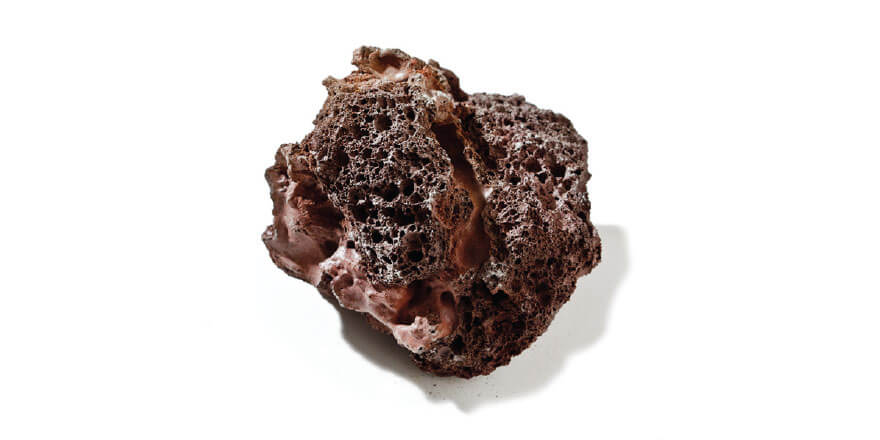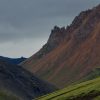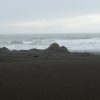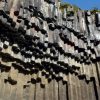Icelandic Scoria is a very porous, glassy extrusive lava rock of basaltic composition.
From ancient rock to a modern product
Icelandic Basalt is a product from recent volcanic resources providing unique benefits for today’s technologies. It is used as a component in various products – and in a variety of applications, as fibers, powders, solids, and also in its natural state.
Icelandic Lava - Volcanic Rock
Icelandic Scoria is a porous, glassy extrusive lava rock of basaltic composition also known as volcanic cinder. The pores have thin walls as a result of trapped gas within the melt at the time of solidification. It often forms as frothy crust on the top of lava flow or it is blown out of the crater during eruptions. Scoria has a relatively low density but is usually heavier, darker and more crystalline than pumice. Scoria is used ind drainage, in landscaping, as BBQ rock, and as a component in various products.
Iceland - a volcanic reserve
Iceland sits on the border of the Mid-Atlantic tectonic plates. Recent eruptions aside, the rock is relatively young in geological terms dating back 800,000 years.







